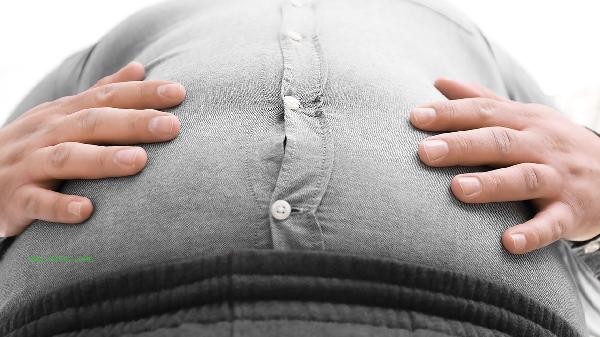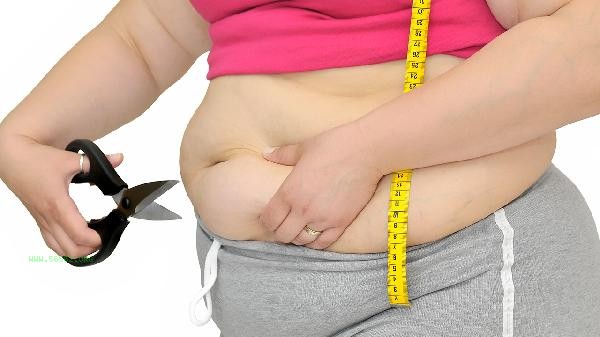Dieting to lose weight usually does not directly affect urine test results, but extreme dieting may lead to abnormal indicators such as elevated urine ketones and electrolyte imbalances. The urine test results are mainly affected by water intake, metabolic products, and potential diseases. Diet related abnormalities may include ketouria, changes in uric acid, abnormal urine density, hyponatremia, and changes in protein metabolism.

1. Ketouria:
When carbohydrates are strictly restricted, the body breaks down fat to provide energy, produces ketones, and excretes them through urine. Ketone body positive in urine test is common in ketogenic diet or very low calorie diet, which may be misjudged as diabetes ketosis, and it needs to be identified in combination with blood sugar value.
2. Uric acid changes:
Rapid weight loss can accelerate purine metabolism, which may lead to a temporary increase in uric acid levels. The high protein diet may exacerbate this phenomenon, but it usually does not exceed the normal range unless there is a tendency towards gout.
3. Abnormal urine density:

Insufficient water intake during dieting can lead to concentrated urine and increased urine density. Some weight loss individuals intentionally reduce their water intake to lower their weight, which may affect concentration dependent indicators such as creatinine and urea nitrogen in urine tests.
4. Hyponatruria:
Long term low salt diet combined with excessive sweating and exercise may lead to reduced urinary sodium excretion. In severe cases, symptoms related to hyponatremia may occur, and urine tests may show sodium ion concentrations below normal reference values.
5. Protein metabolism: When protein intake is insufficient, increased muscle breakdown may lead to increased urinary nitrogen excretion. Extreme dieting may cause temporary microalbuminuria, but it usually does not meet pathological standards and resolves on its own after resuming diet.
It is recommended to maintain at least 1500 milliliters of water per day during weight loss, avoid completely fasting carbohydrates, and adopt a balanced diet with moderate exercise. If a medical urine test is required, the doctor should be informed in advance of their recent dietary habits. The urine routine examination for regular onboarding physical examination is generally not affected by moderate dieting, but extreme weight loss may lead to health risks such as electrolyte imbalance and dehydration, and is not recommended for long-term use. When experiencing persistent dizziness, palpitations, or abnormal urine color, timely medical examination should be sought.





Comments (0)
Leave a Comment
No comments yet
Be the first to share your thoughts!